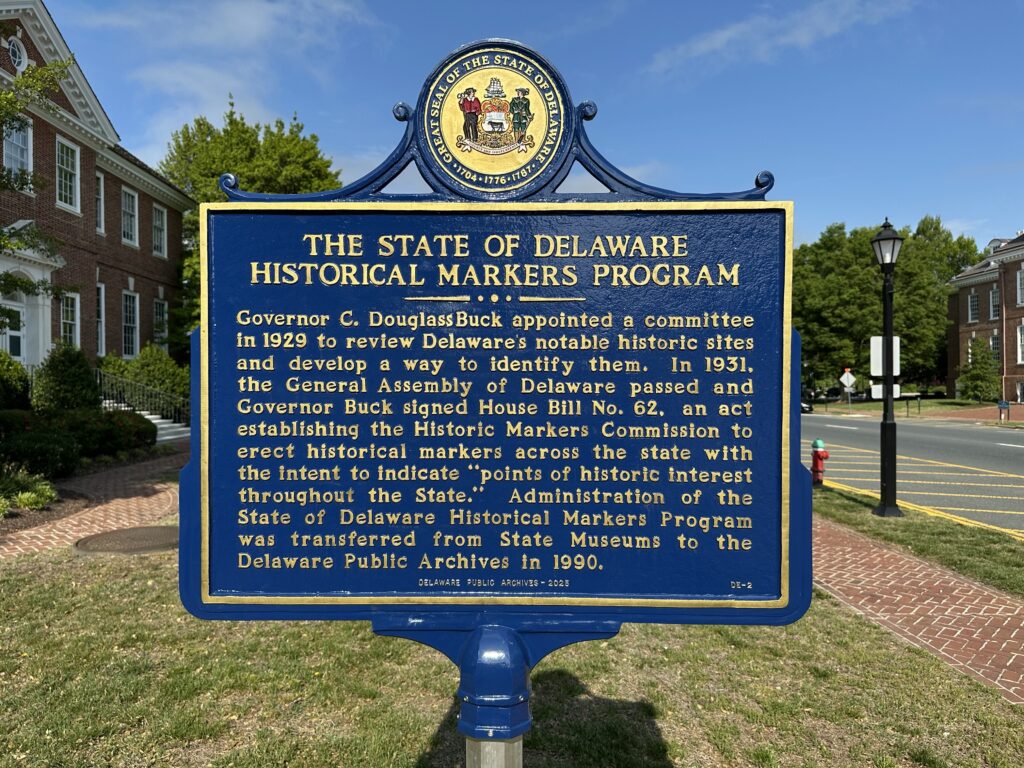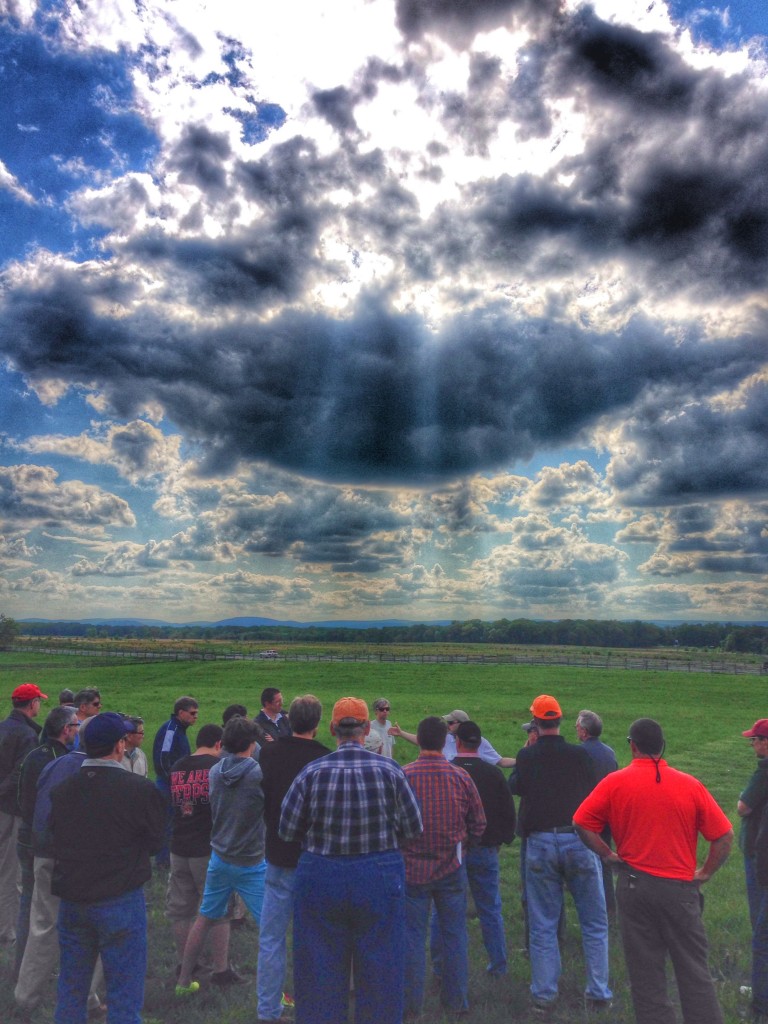Quick, Long Overdue Update
It’s been almost a year and a half since I last posted here. It’s just so easy to use Facebook for “life updates” these days, and that’s where most of my friends and family go to look for that sort of thing. With the hustle and bustle of life, it’s easy to neglect your blog. That said, here’s my attempt at a general life update.
History
I’m still fairly involved with the HMdb. While I’m out and about, I’m always on the look-out for new markers. I’ve really been working to improve our collection of roadside markers from the Delaware Public Archives (whose own online listings of markers are incomplete and rather disjointed). This is a never-ending task as new markers are added, but I’m confident that our listing of these is complete for now.
The database continues to be the first place that I go to research the history of an area – seeing pins on a map just works for my brain with trip planning.

As of today, my contributions are good enough to rank me as 70th all time out of 7,683 individual contributors to the database. I have submitted a total of 583 markers, 1,489 photos, and 412 links to other websites. I’m very proud to be part of the team.
Technology
Sadly, not much has changed in my home lab since the last update. There are of course new versions of software, and a few new applications I’ve been playing with, but the large hardware changes I’ve been wanting to do are still on the back burner for now. I’m hoping that I can return to those in the new year.
Our most significant addition has been a new in-home phone system using FreePBX and several Cisco SPA525G2 desk phones. The boys have really enjoyed being able to help build this and play with it. Once I get some better back-end hardware, I’m planning to hook our system up to the outside world through a SIP trunk with an actual phone number. Stay tuned for more posts about this topic.

Speaking of things that deserve their own posts, I’ve re-entered the world of ham radio. That story will be fleshed-out soon.
Other News
Since he got his own phone last summer, John has picked up an interest in Geocaching. We try to plan an outing for that every month or so, and it’s a good excuse to get outside and move a little while still doing something nerdy. Sometimes, I’m able to get some historical markers at the same time so, win-win!
Also late last year, both of my boys worked through classes at our church and became full communing (and voting) members. It’s fun to watch them grow up and begin to enter adulthood in small ways like that. As rough as these middle school years can be (yes they are BOTH in middle school now) this is also the time when they are truly becoming themselves.
Thanks to some free tickets he got as part of a school reading program, Isaac took me to a Delmarva Shorebirds game this past spring. The boys and I have now been to games at all the Orioles minor league affiliates’ stadiums.
Also coming in a future post: I got a passport for the first time last year! There must have been a specific reason for that….
